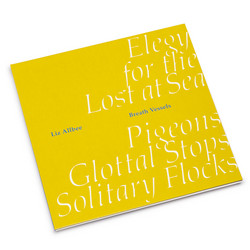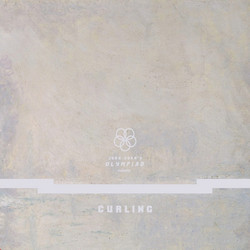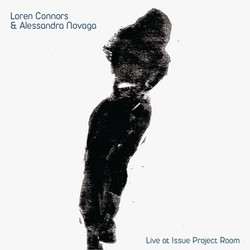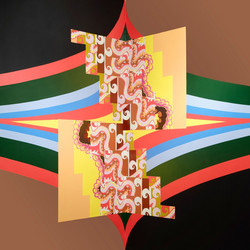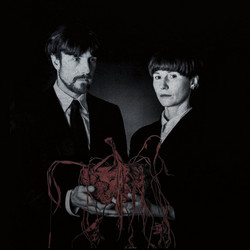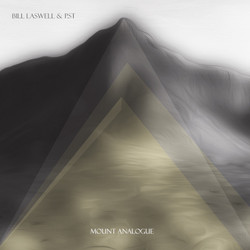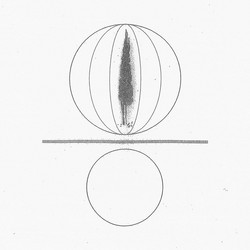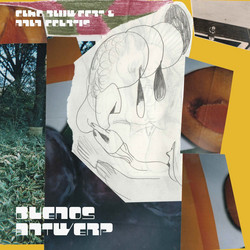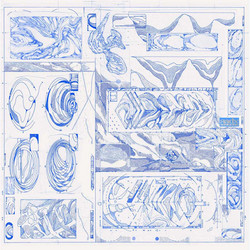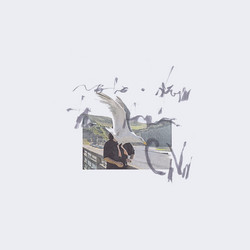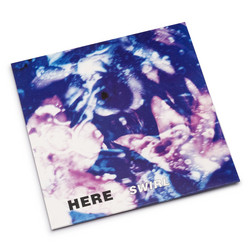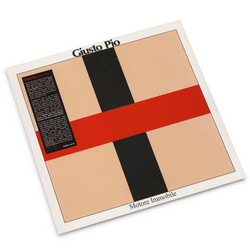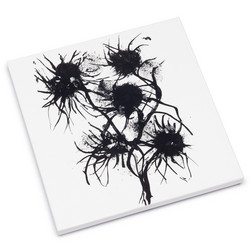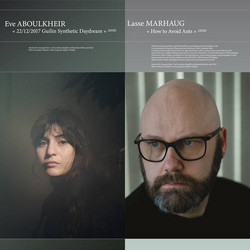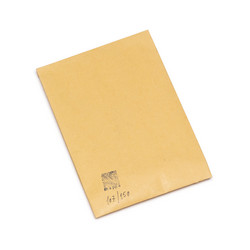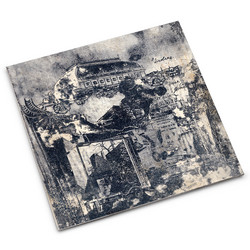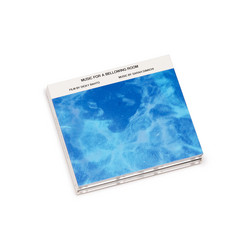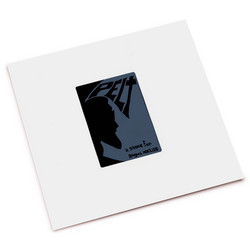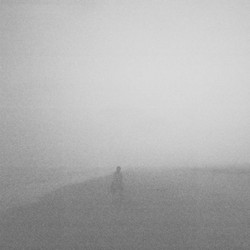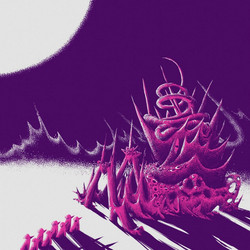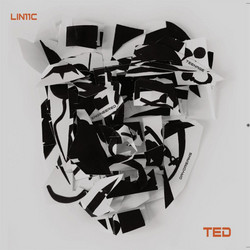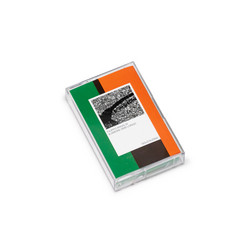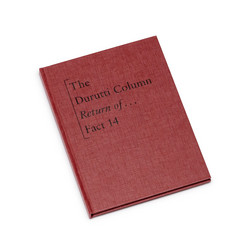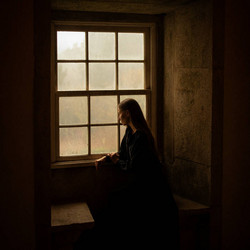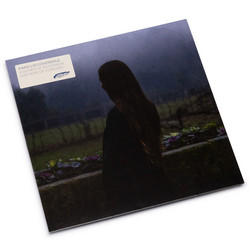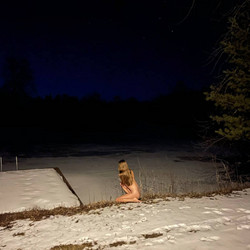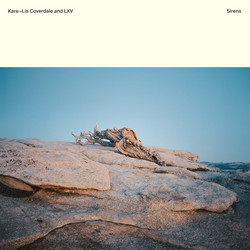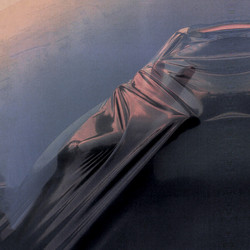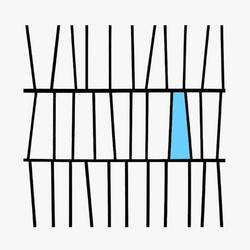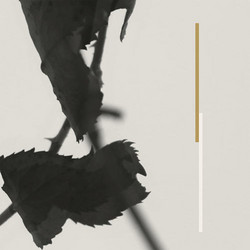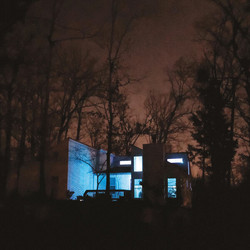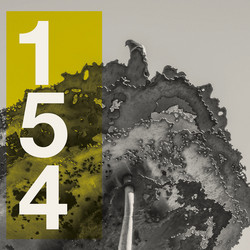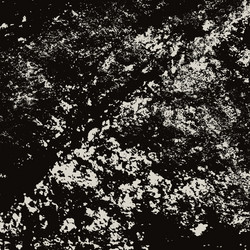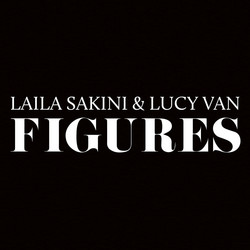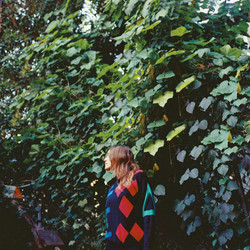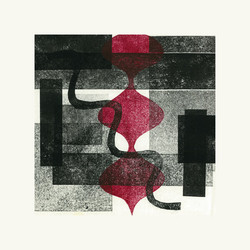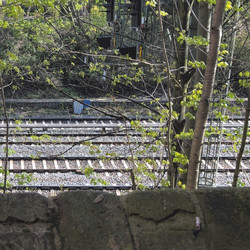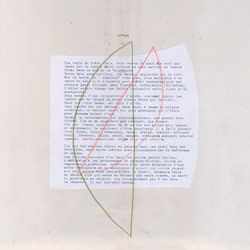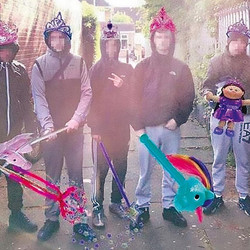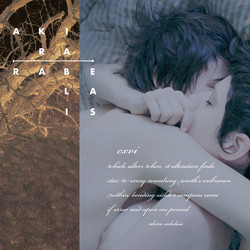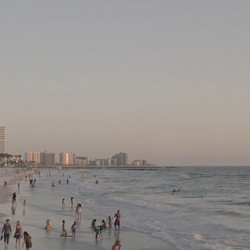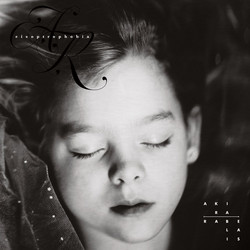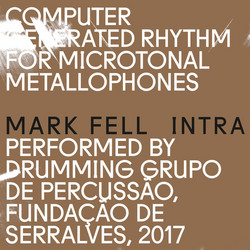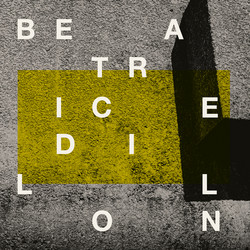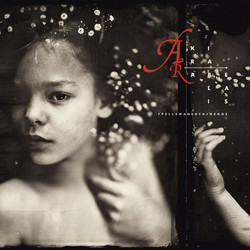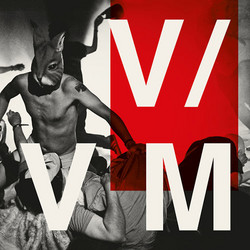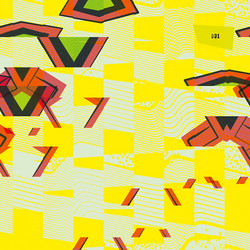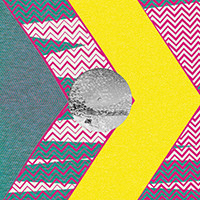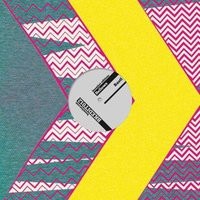Kara-Lis Coverdale
Grafts - Expanded Reissue (LP)
Here it is: the extended, two-sided edition of Grafts, aka the greatest. A sublime and quietly hypnotic work belied by steadfast conceptual rigour, Grafts (the A-side) is deployed in three parts of cascading yet plaintive multi-instrumental gestures, expanding on the processing and self-temperament techniques explored on Coverdale’s 2014’s A 480 into a more encompassing palette. Uncompromisingly distinct while redolent of modal minimalism, 70s new age, and folk music, Grafts effectively blurs distinctions between traditional composition and more open, overlapping genres that hover in the half-light between acoustic and electronic refinement.
Rather than anything grandiose or explicitly seductive, the effect of Grafts is best compared with the subtle intoxication of micro-dosing on LSD or the clarity afforded by quiet meditation, in a sense dilating the listener’s focus to a heightened awareness of the piece’s intricate peripheral tones as much as its melodic centre ground, with a beautifully understated, surreal resolution.
The piece flickers with gentle optimism, never at random, illuminating unseen spaces that quickly gradient into nothingness. ‘Undo’ - on the flip - is its previously unheard cathartic coda. A moment of contemplation, afterwards, captured in suspended animation. It’s breathtaking, beautiful. Frames of reference are numerous and on the face of it largely disconnected here; The Köln Concert, Clare Fischer’s sweeping arrangements for Prince, the deviant pop instinct of Arthur Russell, the organic/synthetic love songs of Art of Noise, the meditative, almost hallucinogenic spiralling compositions of Philip Glass and Terry Riley, the intoxicated minimal romance of Erik Satie. All, and none of the above.
